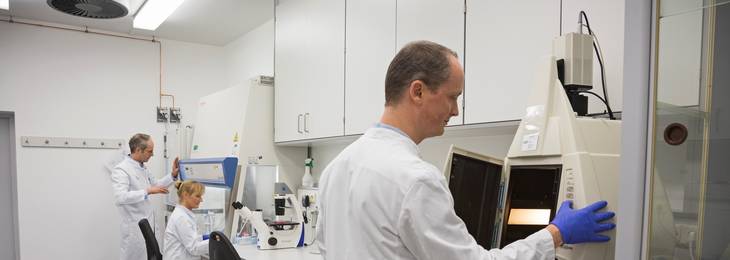Project 1: Regeneration of the embryonic heart
Project 2: Cardiac growth and organ size control
The heart is the first internal organ system that needs to be fully functional during mammalian embryonic development. Therefore, both the early patterning events of the embryonic heart as well as growth and maturation of the various cardiac compartments during embryonic, fetal and postnatal life are imperative for survival of the organism.
more...
Project 3: Fetal programming of heart disease in adulthood
Unfavorable intrauterine growth conditions have beenshown to predispose the heart for cardiac disease later inlife, a process referred to as fetal programming. Generally, intrauterine growth restriction (IUGR) often results in reduced heart size at birth characterized by a reduced complement of cardiomyocytes. We have recently shown in mice that neonatal cardiac hypoplasia alters postnatal cardiac growth pattern...
more...
Project 4: Cell death and stress response in embryonic versus adult cardiomyocytes
Besides different regenerative approaches to replace diseased cells with new cardiomyocytes and restore cardiac function after injury, another important strategy is to prevent cell loss in the first place and increase the stress tolerance and survival of cardiomyocytes upon the impact of unfavorable conditions, a process referred to as cardioprotection.
more...


